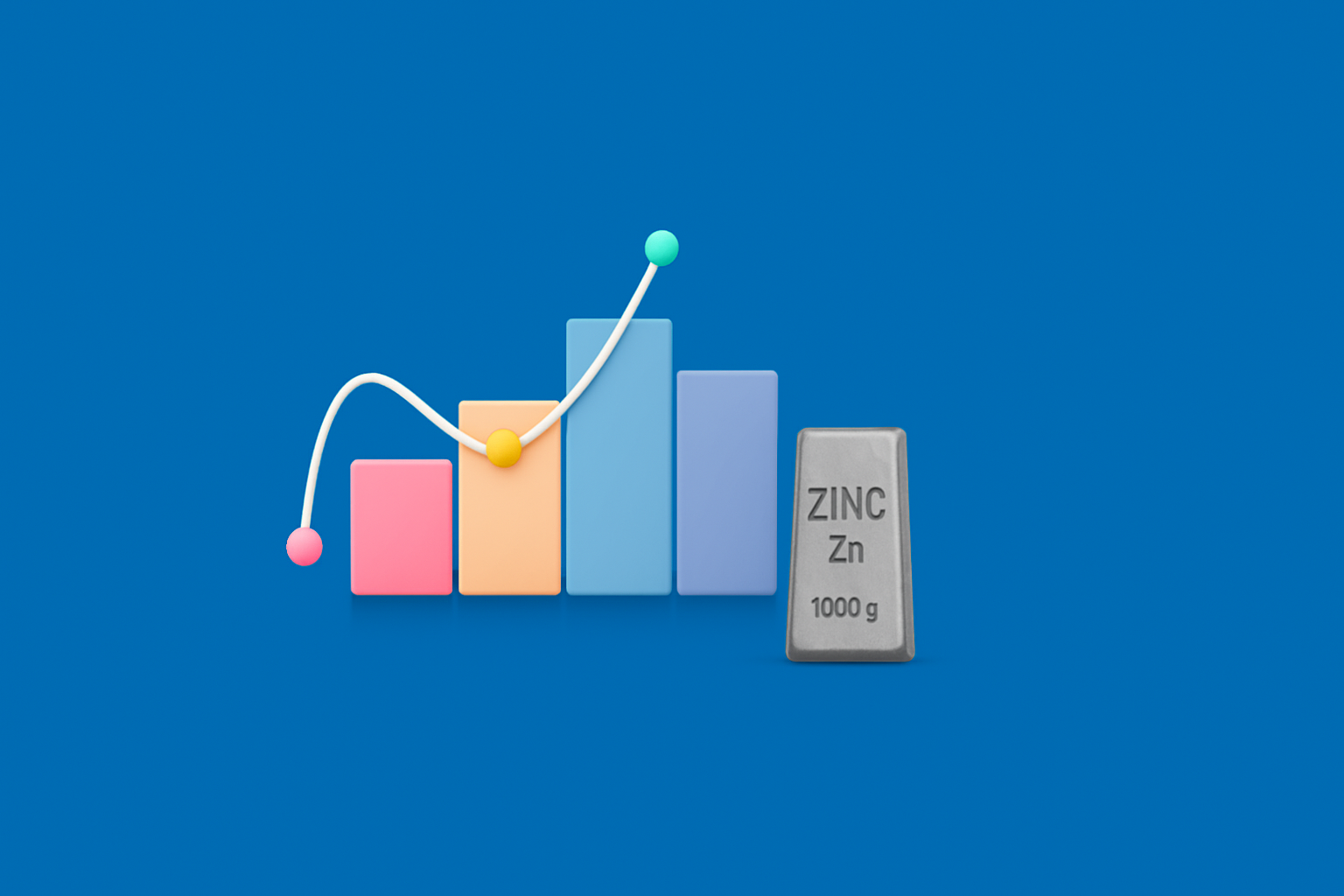How to Save Tax on Salary

- Published Date: May 18, 2023
- Updated Date: June 17, 2025
- By Team Choice
The Finance Minister of India announces the budget annually during the initial days of February, highlighting provisions about the total allotted funds to different activities. However, if you are a salaried individual, chances are you are eagerly waiting to know the new tax slabs and hoping your tax bracket has some respite.
But what if we told you you could avail of several income tax deductions regardless of your slab?
Read on as we explore how to save tax on salary by discussing several schemes where you can invest your money and allow it to grow tax-free!
7 Best Ways to Save Tax on Salary
Section 80C of the Income Tax Act deals with the guidelines and instruments for tax exemptions for the Indian taxpayer. It comprises a list of tax-saving options to help you save as much as 1.5 lakhs! Some of the most popular options include the following:
Employee Provident Fund
The employee provident fund, or EPF, is managed and backed by the government of India. It falls under the jurisdiction of the Employees Provident Fund Organization (EPFO), an entity handled by the Ministry of Labour and Employment.
EPF is an ideal option for salaried employees looking to accumulate and put aside an amount monthly for retirement. The EPF offers a secure method to store your funds and receive a consistent interest without including this sum as taxable income.
It is also mandatory for employees earning up to ₹6,500 to make monthly contributions to the EPF. You can claim an EPF deduction directly from your salary if you earn more than this sum.
The most significant advantage of an EPF is that every month, both the employer and the employee are mandated to contribute to it. While an employee contributes 12% of their basic pay and other benefits, an employer pays 3.67%.
Public Provident Fund (PPF)
The employee and public provident funds are often confused with being the same. While the fact remains that both EPF and PPF are government-backed schemes, PPF is open to all individuals, not just employees who work in companies.
For instance, self-employed, retired, or even unemployed individuals can donate to a PPF and avail of the tax exemptions. It works in the same way as EPF, with a consistent interest rate that changes every quarter. Furthermore, PPF is not mandatory for users but still a good option for individuals looking for tax-free methods to save money for the future.
You can start investing in a PPF with a sum as less as ₹500 and a maximum of ₹1.5 lakhs annually.
Life Insurance
In line with section 80C of the Income Tax Act, 1961, you can claim a deduction of up to 1.50 lakh every year if you purchase a life insurance policy. The annual premiums are non-taxable, helping reduce the percentage of taxes.
Another striking feature of taking a life insurance policy is that the tax exemptions are also applicable when you pay premiums for your spouse or dependent children. Hence, the total premiums paid for your Immediate dependents can be written off, making life insurance one of the most sought-after tax saving options in India.
Equity-Linked Savings Scheme (ELSS)
ELSS is the term granted to specific mutual fund schemes exempted from taxation under the Income Tax Act of 1961. As the name suggests, ELSS focuses on investing in the stock market, and each house has an experienced fund manager at its helm.
Most equity-linked saving schemes have a short lock-in period of three years. You can avail of up to ₹1.5 lakhs in tax deductions through ELSS and save up to ₹46,800 per year while gradually building long-term wealth through investment.
Health Insurance
While health insurance is an intelligent way to safeguard against unexpected medical emergencies, you would be surprised to know that health insurance premiums can also help save tax.
If you are looking for a tax saving option other than section 80C, health insurance is the perfect investment. It is defined under section 80D of the Income Tax Act, 1961 and helps you save ₹25,000 per year in taxes. The rising cost of healthcare has also made it essential to purchase a health insurance plan for you and your family. The tax saving benefit is another incentive to do so.
United Linked Insurance Plans (ULIP)
ULIPs can be best defined as mixtures of insurance and investment tools. While offering insurance coverage, they also offer an option to invest and gain tax-free returns in the long run.
If you purchase a ULIP policy, you can claim up to ₹1,50,000 as tax deductions every year on the premium paid for the scheme. Moreover, you are free to withdraw partial amounts without incurring any tax as long as the value of the withdrawal is less than 20% of your total investment.
In case of the sudden death of the ULIP policyholder, the immediate dependents can also withdraw the money without incurring any taxes.
The National Pension Scheme (NPS)
The government of India established NPS in 2009. It is a voluntary retirement scheme where you can invest a certain amount monthly and develop a retirement corpus. Once invested, you cannot acquire the money until retirement. After the age of 58, NPS will provide you with a monthly pension for life.
NPS offers two avenues for a tax deduction. Under section 80C of the Income Tax Act, you can save up to ₹1.50 lakh annually if you invest in NPS. Additionally, you can save ₹50,000 under section 80CCD (1B), making you eligible to save up to ₹2 lakhs in taxes!
Salaried employees can avail of more advantages from NPS under section 80CCD (2), which targets the employer contribution towards NPS. Government employees can claim a deduction of up to 20% of their salary tax deduction, while private sector employees are limited to a 10% reduction.
Final Thoughts
The answer to ‘how to save tax on salary’ is provided in the Income Tax Act and allows salaried employees to utilise several avenues to pay fewer taxes than mentioned in their respective slabs. The key is to recognise these avenues and plan a systematic investment method to ensure you have a slow but steady wealth buildup to enjoy your retirement without experiencing financial hurdles.
So, explore these options in detail and find the best avenue to claim tax deductions. Before investing in options like ELSS, check out the history and performance of the fund to understand where your investments are headed.
If you plan carefully and meticulously in the present, you can enjoy surplus wealth from diversification. So, start allocating money to tax-exempt avenues now!
Recommended for you

Why ESG Matters for India’s Growth Story

FII DII Data - Live Data

Zinc Future Price Forecast for Next Week
